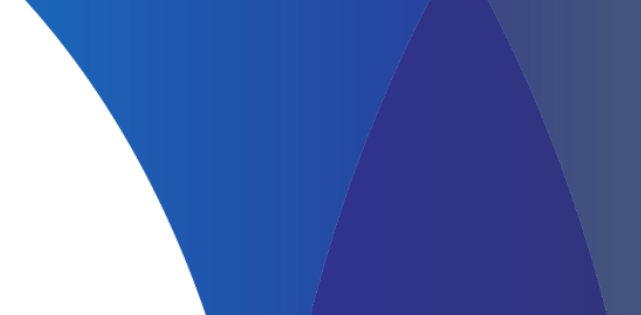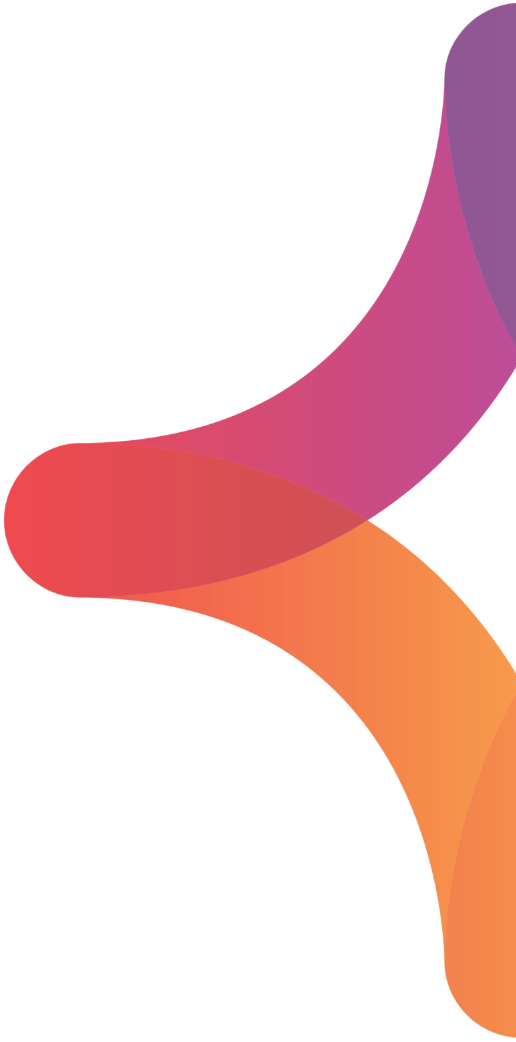
The Social Brain Lab strives to be a highly collaborative research team and is fortunate to work with a number of interdisciplinary collaborators and projects. Below you will find our current collaborations, grants, and projects.
Collaborations
DBI2
The Dutch Brain Interfaces Initiative (DBI2) aims to unravel the mysteries of the brain and its interactions with the world. By combining cutting-edge neuroscience, engineering, and computer science, DBI2 seeks to understand how the brain works at different levels, from neurons to entire brain regions, and how it can be influenced, restored, or improved through novel devices and interventions.
DBI2 is supported by the NWO Gravitation program, which enables the collaboration of leading experts across various disciplines and institutions including TU Delft, Radboud University, Utrecht University, University of Amsterdam, Erasmus Medical Center, and the Netherlands Institute for Neuroscience.
The Dutch Brain Interface Initiative (DBI2) aims at advancing our understanding of brain function and brain-environment interactions by leveraging the development of a new generation of effective and minimally disruptive brain-machine interfaces. DBI2 seeks to integrate cutting-edge algorithmic and technological advances geared towards three neuroscientific applications:
| 1 | Understanding the common principles of global brain dynamics and feedback interactions between brain areas subserving cognition. |
| 2 | Devising effective, ecologically valid, minimally invasive techniques to influence brain dynamics that will foster fruitful avenues for therapy and cognitive enhancement in patients. |
| 3 | Investigating neural underpinnings of complex interactions between animals and their environment, and between animals under increasingly naturalistic conditions. |
The DBI2 combines state-of-the-art technologies, such as wireless neural recording and stimulation, optogenetics, machine learning, and virtual reality, with innovative experimental paradigms, such as closed-loop manipulations, brain-computer interfaces, and ecological validity. The DBI2 also fosters interdisciplinary collaboration, knowledge exchange, and public engagement, to ensure the scientific excellence, ethical integrity, and societal relevance of its research.
DBI2 is a broad consortium, leveraging world-class expertise in Dutch neuroscience, neurotechnology, and computational sciences. The consortium is designed to nurture the talent brought in by the large proportion of mid-career and young scientists over the coming decade, ensuring the continuity of the program’s multidisciplinary scientific principles in the Dutch research landscape. In this way, DBI2 will lay the foundations for a new Dutch school of neuroscience and Neurotechnology, linking scientists in fundamental and engineering disciplines in (technical) universities and research institutes across the country
This project is the result of the collaboration between the groups of F. P. Battaglia , and M. van Gerven from the Donders Centre for Neuroscience within the Radboud University, the group of V. Gazzola at the Netherlands institute for Neuroscience (NIN), the group of F. van der Helm from TU Delft, N. Ramsey of the UMCU, and the group of C. De Zeeuw from Erasmus MC and NIN. This project is financed by NWO Gravitation Programme in collaboration with the Dutch Ministry of Education, Culture, and Science.
To learn more: https://dbi2.nl/
GUTS
Growing Up Together in Society (GUTS) is a multidisciplinary research program that examines adolescent development in a complex society. It aims to answer two main questions: How do adolescents adapt and transform in a world with various opportunities and challenges? And what factors affect their social contribution?
The program will track adolescents for a decade to investigate how their brain and behaviour change over time, considering multiple factors. It will also analyze how these changes relate to their social and environmental contexts, such as education, network, and norms. Additionally, the program will explore the reasons behind antisocial and rule-breaking behaviors among some adolescents. It will address the questions: How do biology and experience influence one’s transition into adulthood? And how does one’s life trajectory depend on their starting point in society?
To learn more: https://www.gutsproject.com/
Projects / Grants
NWO ENW XL Grant: SoMeMe Project
The SoMeMe project aims to unravel the neural mechanisms of how we learn from the experiences of others, which is a key component of cultural transmission. The project will investigate how the brain integrates social information with spatial memories that form a cognitive map of the environment. The project will use a combination of cutting-edge techniques, such as behavioural models, circuit mapping, engram identification and modulation, and cross-species imaging in rodents and humans. The project will run for five years, from 2023 to 2027, and is funded by the NWO Open Competition ENW-XL program.
To learn more: https://www.nwo.nl/en/projects/ocenwxl21xl21069
NWO Open Competition: Towards a Circuit Level Understanding of Emotional Contagion
The NWO Open Competition grant supports innovative and curiosity-driven research that offers scientist the opportunity to investigate creative or risky ideas that could realize novel scientific innovations. Our project “Towards a Circuit Level Understanding of Emotional Contagion” by the Keysers and Gazzola group was honored to receive this grant. This project aims to investigate how humans share emotions with others, and how this affects their social behaviour and well-being. The researchers will use cutting-edge techniques, such as brain imaging and stimulation, to map the neural circuits involved in emotional contagion, and to test how they can be modulated by factors such as empathy, personality, and culture. The project will contribute to a better understanding of the neural basis of human sociality, and its implications for mental health and society.
To learn more: https://www.nwo.nl/nieuws/zeventien-vernieuwende-onderzoeksprojecten-van-start-open-competitie-enw-m-1
NWO VENI Grant: Frederic Michon
Frederic Michon is one of the recipients of the prestigious NWO VENI grant that supports promising early-career researchers in the Netherlands. Michon’s project delves into the intricate workings of our brains as they learn from observing others in potentially hazardous situations. Specifically, he aims to unravel how this social learning process is encoded in our memory. By combining insights from rodent studies with human research, Michon will explore the role of the hippocampus—a critical brain region involved in memory and emotion processing. His investigations promise to shed light on the neural mechanisms underlying social cognition and behaviour. This grant not only celebrates Michon’s achievements but also contributes significantly to advancing our understanding of the human mind.
To learn more: https://nin.nl/news/how-do-we-learn-from-others-to-avoid-danger/
NWO Gravitation Grant: GUTS
The Growing Up Together in Society (GUTS) project is a consortium of researcher across various disciplines who aim to understand how youth grow in a complex society. The project is funded through the NWO Gravitation grant for a ten-year period (2022-2032). This grant strives to support excellent and innovative research in various fields of science within the Netherlands. The GUTS project was one of the seven consortia to receive this grant in 2022. The project investigates youth from the perspective of societal neuroscience, and combines insights and expertise from neuroscience, psychology, psychiatry, and sociology.
To learn more: https://www.gutsproject.com/
Aanvullende informatie en artikelen
Vacatures
Momenteel zijn er geen vacatures binnen deze groep.
Bekijk alle vacatures
Contact
"*" geeft vereiste velden aan
Doneer aan het Herseninstituut
"*" geeft vereiste velden aan
Hersenvrienden maken baanbrekend hersenonderzoek mogelijk
- Je steunt baanbrekend/innovatief hersenonderzoek
- Je steunt de Nederlandse Hersenbank
- Uitnodiging voor de Hersenvriendenlezing
- Exclusieve vriendenactiviteiten
- Kijkje achter de schermen van het Nederlands Herseninstituut
Doneren kan eenvoudig via
Je kunt jouw bijdrage ook overmaken op NL76 INGB 0002 1673 78 t.n.v. Stichting Vrienden van het Herseninstituut
Steun ons werk
De Stichting Vrienden van het Herseninstituut ondersteunt baanbrekend hersenonderzoek. U kunt ons daarbij helpen.
Steun ons werk